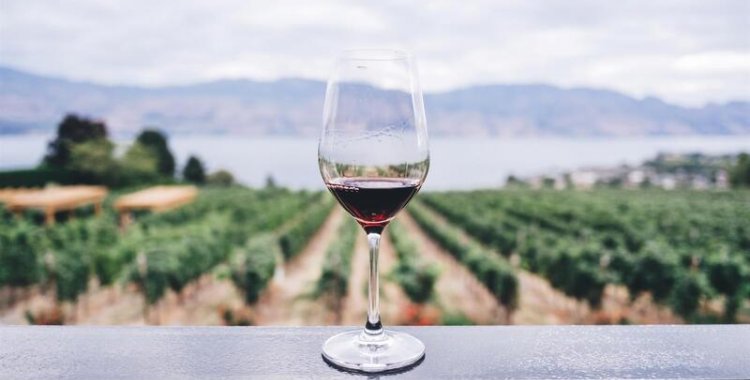Company officials interviewed by Lusa said they were concerned about the sharp drop in the Angolan currency, which had already forced prices to rise.
After a positive 2022, in which wine exports to Angola doubled in value, to around 50 million euros, the prospect now is of shrinking margins and even losses.
Edgar Sousa, director general of Vinus (Sogrape's subsidiary in Angola), said that the company had a significant growth in 2022, of 20 percent in value, but admits that "there will be a very strong drop in the coming months if the situation not reverse".
The speed with which everything is happening makes the adaptation even more complicated and the price increase tends to be reflected right now on the shelves of supermarkets, wineries and restaurants, he said.
"There will clearly be a loss of purchasing power and a decrease in consumption. At the moment, we are experiencing growth in volume and in value very similar to last year, but we are aware that there will be a very large drop in the second half", he declared to Lusa.
The head of Sogrape added that they are trying to raise prices gradually "to try to defend consumers", but recognizes that the rapid devaluation of the kwanza, which has already gone up by more than 40 percent in a month, "will lead to a much bigger increase" than the 10 percent adjustments they made in early June.
"We are going to make a 20 to 25 percent increase in the next few days and if the exchange rate stays that way, inflation could cause a 50 percent increase in products by the end of the year", he described.
Which will translate into less consumption and a decrease in quality: "the consumer will look for a wine that he can afford", he said, adding that there will also be consolidation and not all 'players' will be able to adapt to this reality, and may even the Angolan market to turn more towards other origins.
Also for Rayan Karaan, representative of Esporão wines, "last year was very good", with a growth of around 25 percent, but "a disaster" is expected in 2023.
"We've already lost almost everything [of previous gains] and we're going to lose even more", he lamented, showing apprehension in the face of "irrecoverable financial losses".
"I cut my budget by 50 percent, it won't be easy at all, things are very unstable", he said, regarding exchange rate variations, anticipating: "We are going to lose sales", he continued, explaining that prices have already increased by 30 percent and that the consumer will therefore tend to look for cheaper wine.
Nuno Moinhos, from Angonabeiro, a subsidiary of the Nabeiro group in Angola which, in addition to coffee, also produces Adega Mayor wines, added that sales had increased by around 12 percent last year, but at the moment the situation is one of "great expectations".
"Let's see how far the exchange rate situation will evolve, this obviously causes some momentary stress and we will have to manage it", he said, underlining that the objective is "not to take excessively conservative nor excessively radical measures".
On the other hand, he recognizes that, although the company has already made "some adjustments in the price", it will be necessary "a more radical adjustment", in the order of 30 to 40 percent.
"We are going to follow the next few days to see what will happen, I think that all economic agents have the same problem", he pointed out.
In view of the inflationary movement in prices, the drop in consumption "will be reflected in the budgetary exercises that we have to do to ensure the continuity of companies and that consumers continue to consume our products", said the manager.
Marco Pereira, general manager of Viniangola, importer and distributor of Portuguese and foreign wines, told Lusa that sales behavior was being very good, highlighting the "incredible" growth of whites and rosés, until they suffered the "brake" of the exchange rate.
"Right now it is hard braking, from the moment we are at an exchange rate of 850 [kwanzas per euro] it is almost impossible to reach medium wines that cost as much today as a whiskey cost yesterday. It is worrying", he vented.
Price adjustments are inevitable and Marco Pereira says that in one month they already presented "two different tables", with a variation of 30 percent.
"Either this changes a lot and there is some stability in the exchange rate or else it will be terrible, consumption will completely stagnate and what will be consumed is a low quality wine, to be very cheap", he reinforced.
Last week, more than 30 producers from ten Portuguese wine regions presented almost 300 wine brands in Luanda at the "Grande Tasting" organized by Viniportugal.







